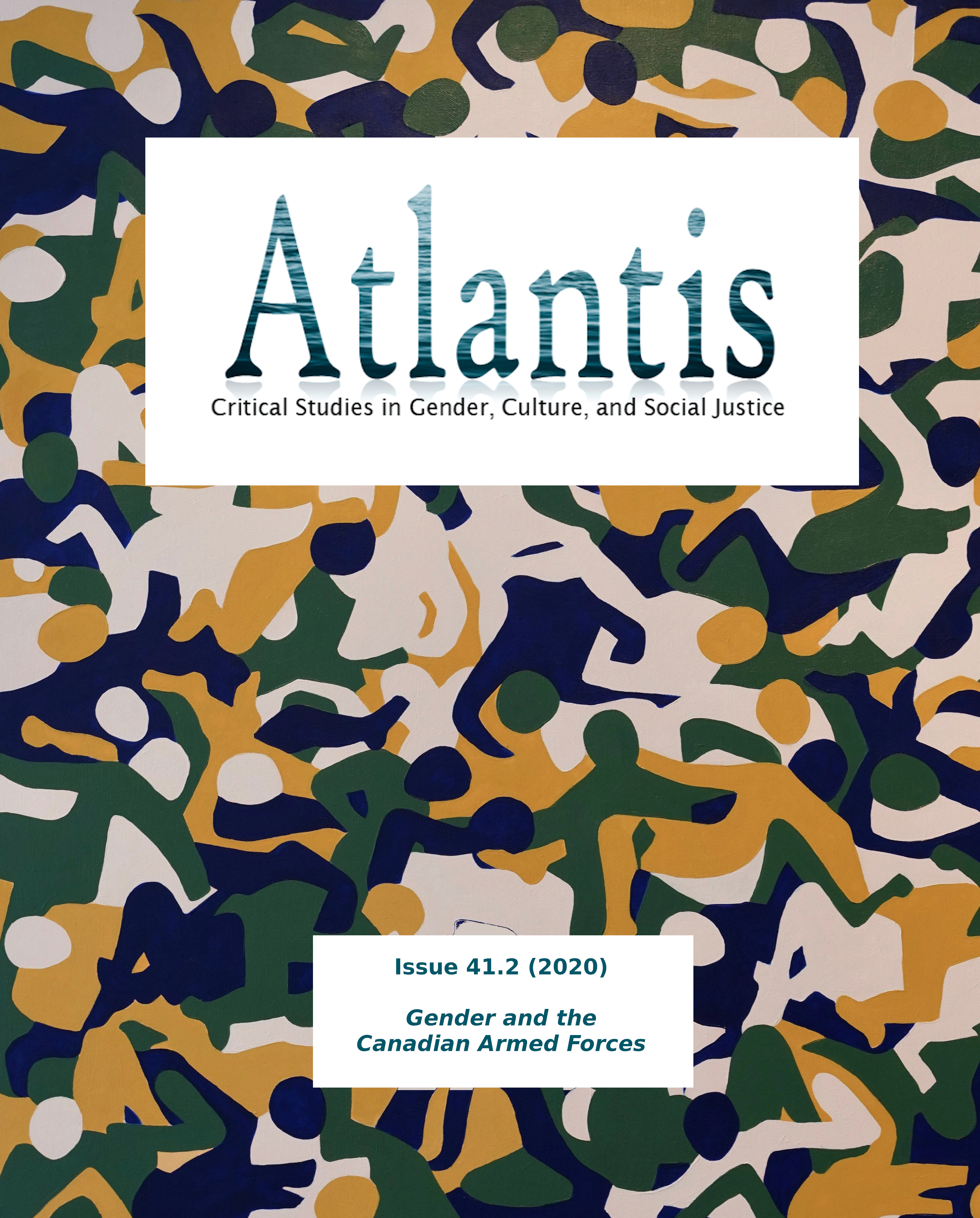Situating Feminist Progress in Professional Military Education
Keywords:
Canadian Armed Forces, feminist, gender, intersectionality, leadership, military, Professional Military EducationAbstract
A continuing debate in feminist scholarship on gender, security, and the military has been whether militaries can facilitate feminist progress and be forces for good. Feminists committed to working outside of militaries note that gender perspectives have often been used to advance the military’s goals of winning wars rather than commitments to feminist social transformation of military institutions and societies. However, influences from international normative frameworks on Women, Peace and Security; Canada’s feminist foreign policy; and an emphasis on diversity and inclusion within Canada’s Defence Policy have presented the Canadian Armed Forces with a solid platform from which it has begun to make change. The central tenets of this broad feminist platform have begun to permeate Canadian Professional Military Education (PME) through the collective efforts of educators, staff, and military students at Canada’s defence colleges. Drawing on a review of policy and programmes as well as a qualitative analysis of interviews with educators, staff, and military students, the article demonstrates that feminist transformational change by military members is possible by exploring its nascent reality. The article highlights the challenges and benefits of incorporating feminist perspectives in Canadian PME and demonstrates how and under what conditions military graduates with this education have begun to apply gender and cultural learning to make local feminist interventions both within and outside their institution. Ultimately, this research shows that collective efforts toward localized and incremental changes by military members are paving the way for meaningful feminist progress within the military.
Downloads
Published
Issue
Section
License
Copyright (c) 2020 Vanessa Brown

This work is licensed under a Creative Commons Attribution 4.0 International License.
Authors who publish with this journal agree to the following terms:
1. Authors retain copyright and grant the journal right of first publication, with the work simultaneously licensed under a Creative Commons Attribution 4.0 International License that allows others to share the work with an acknowledgement of the work's authorship and initial publication in this journal.
2. Authors are aware that articles published in Atlantis are indexed and made available through various scholarly and professional search tools, including but not limited to Erudit.
3. Authors are able to enter into separate, additional contractual arrangements for the non-exclusive distribution of the journal's published version of the work (e.g., post it to an institutional repository or publish it in a book), with an acknowledgement of its initial publication in this journal.
4. Authors are permitted and encouraged to preprint their work, that is, post their work online (e.g., in institutional repositories or on their website) prior to and during the submission process. This can lead to productive exchanges, as well as earlier and greater citation of published work. Read more on preprints here.







